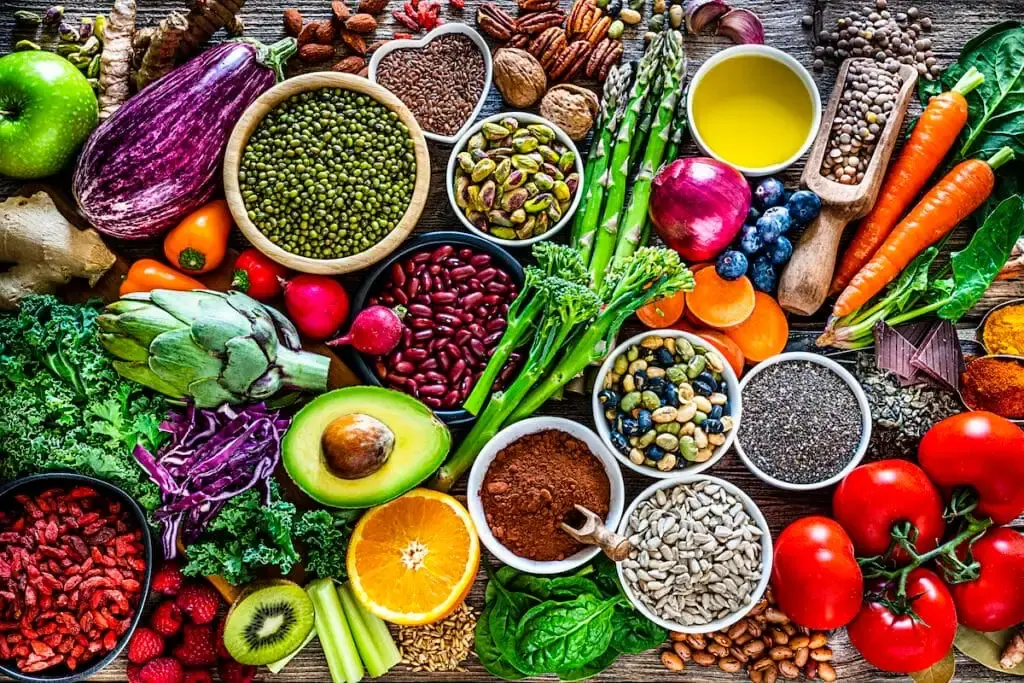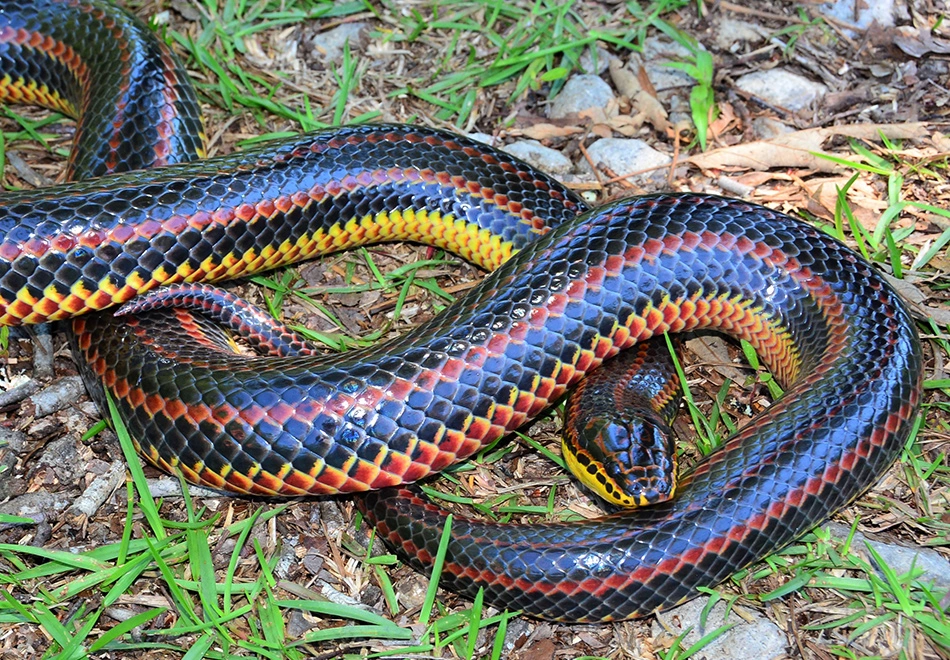Good to see positive research on this subject, was soil health included in the research? I’d hope farming industry for vegan industry isn’t doing the same it’s doing for meat industry; which is to run the same crop year after year, ruining whatever growth potential that plot of soil had longterm.
I’m not saying that soil health isn’t a problem for making vegan food. Since their is a significant less amount of crop farming needed to feed a vegan population we would significantly cut the amount of farmland needed and free up a significant amount of soil.
Being vegan as well as fighting for animal rights we of course demand a more sustainable food system and everyone in it getting paid fairly.
Biggest step up would probably be for vertical farming to go mainstream. It’s not too great for meat industry, but for vegan industry it works more than well.
Another step up will be mass produced lab grown animal proteins/oils/fats (meats) which a healthy human diet requires. On other hand we can still also have a remnant of meat industry be left alive, which is to repurpose animals that have died of natural causes, rather than inhumanely farming animals enmasse.
I mean we don’t need animal proteins for a healthy human diet…
I still don’t understand the economics of vertical farming. Isn’t that a lot of extra infrastructure to produce the same plants? What area of solar panels do you need to power an acre-equivalent production of vertical crops?
The biggest step up would be changing consumer preferences and maybe different regulation (tighter animal welfare laws, emissions standards and/or removing any subsidies for animal agriculture).
Consider this: You can install a massive local vertical farm directly inside a large city, but you can’t do the same for normal farming. Thus severely reducing the economic/ecological costs of farming, because you can supply locally produced veggies directly into stores, rather than needing to haul them for 50-1000km away.
And stuff like: You can grow plants 24/7 with no breaks as it’s all automated. You can adjust the “climate” just right for whatever plant you’re growing. You’re not using massive plots of land that could for example be used for housing, and leaking fertilizer/pesticides to the soil/rivers/lakes/sea. You’re not wasting a ton of energy by using combustion based machinery, and also not causing more pollution. In general the energy required for vertical farming can be done entirely by solar.
Consider this: the sun already provides all the energy required to grow plants, and healthy soils provide the required nutrients. Plants can already harvest solar energy, that’s kinda their whole thing.
Your model requires synthetic nutrients and synthetic sunlight. Producing and maintaining solar panels and the associated infrastructure is not environmentally benign, particularly if as you suggest in your other comment you would want to install solar arrays on former farmland.
How about instead we grow plants properly, in ecosystemically responsible ways that promote soil health, which is directly connected to our health via our gut microbiome. Growing sterile plants in a controlled environment is not an ecological solution at all, it’s a sterile solution.
Our agricultural system isn’t in need of high-tech solutions. High-tech solutions is exactly what has been fucking agriculture up for the past seventy years.
It doesn’t require synthetic nutrients actually, but it does require synthetic sunlight: which is fine, actually.
The solar panels needed are beneficial to everyone involved. They provide electricity to locals, they help plants combat climate change by providing much needed cover from direct sunlight which these days can completely ruin your crops.
The point isn’t to make all former farmland SOLELY solar panels. It’s to help the crops/plants themselves grow better under the shade of the panels.
Sustainable farming is absolutely still a requirement in the future.
Vertical farming is to supplement the needed gaps in farming, like installing them inside cities so certain plants/crops can be served 1. Much faster, 2. In a much greener state, and 3. Direct-to-store which heavily reduces pollution potential from having to haul it from really long distances away, and in many cases, requiring refrigeration to keep the shipments cool, further polluting the planet.
There isn’t “meat industry” farming or “vegan industry” farming. The primary dichotomies in farming are industrial vs small scale, organic vs conventional, and local vs global. If you don’t like monocultural industrial farming, then support the other types of farmers.
I do support non-monoculture farming. Problem is as a consumer there isn’t an easy way to know how it was farmed. Imo sustainable farming should be legislated by government.
It is by way of nationally recognized organic standards. Otherwise governments tend to be in bed with agrochemical and agribusiness companies.
Relevant section of Canadian organic standards:
5.4.2 Where appropriate, the soil fertility and biological activity shall be maintained or increased, through: a) crop rotations that are as varied as possible and include plough-down crops, legumes, catch crops and deep-rooting plants; b) incorporation of plant and animal matter in compliance with this standard and with Table 4.2 (Column 1) of CAN/CGSB-32.311, including the following:
- composted animal and plant matter;
- non-composted plant matter, specifically legumes, plough-down crops or deep-rooting plants within the framework of an appropriate multiyear rotation plan; and
- unprocessed animal manure, including liquid manure and slurry, subject to the requirements of 5.5.1
It’s good countries are moving towards this, because goddamn the worst actors do not change unless forced to.
Lately animal manure has been started being used more compared to synthetics, mostly because the materials needed for synthetics were running out, and it was yet again found animal manure actually has all the needed materials healthy soil needs and more.
I’ve always heard that “organic” farming is really not especially different from conventional farming, including from some folks in agriculture. Like, they still use chemical pesticides and stuff, just different ones that are less effective and so sprayed more heavily.
I don’t have anything to back that up with though, so there’s a reasonable chance you have better info here. I’d be interested to know more if you’ve got standards and such you can share?
Lived at a farm that got some organic farming approvals; it depends on the country. And perhaps even your region. In my country, you can get certain approvals/certifications for organic farming, and the regulations for that is very strict. Things like “chemical” (synthetic) pesticides are forbidden outright, so are strong fertilizers etc. This has government oversight, so, there are randomized sampling and testing done on approved entities (farms, companies).
Sadly this often leads to higher costs and more land use. Like it or not, a lot of the things forbidden do lead to much higher yields etc. The end result is higher prices; organic (certified) products are quite expensive here.
Totally, organic is not the same as sustainable.
Organic is very much
the same asabout sustainability. The degree to which a particular enterprise succeeds in living up to organic principles and to internationally recognized organic standards is a different question.Organic standards are available to be read. Here is the Canadian standards. You’ll notice that sustainability is very much the organizing principle.
Organic standards are not the be-all and end-all of sustainability, that is true.





